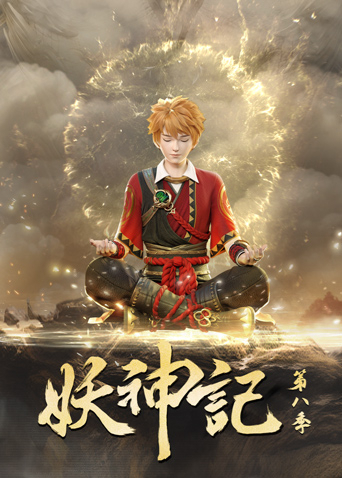讲述了害怕孤独一个人的少女有一天在她面前出现了一位像梦境一样神秘的女人“简”从那天以后,爱草每天都期待与简的简单幸福。 凭借该片男女主演具乔焕、爱草李敏芝在去年第21届釜山国际电影节获得了年度男演员与年度女演员

讲述了害怕孤独一个人的少女有一天在她面前出现了一位像梦境一样神秘的女人“简”从那天以后,爱草每天都期待与简的简单幸福。 凭借该片男女主演具乔焕、爱草李敏芝在去年第21届釜山国际电影节获得了年度男演员与年度女演员


回复 :帮助叔叔经营缝纫机店的青年茂吉(瓦伦·达瓦 Varun Dhawan 饰)乐观开朗,似乎特别乐意取悦他人。在叔叔儿子的婚礼上,茂吉嬉皮笑脸,哗众取宠,这令他的妻子玛姆塔(安努舒卡·莎玛 Anushka Sharma 饰)倍感羞耻和伤心。回到家后,玛姆塔闷闷不乐,以泪洗面,她劝丈夫利用自己裁剪方面的技能自力更生,不要屈辱求存。茂吉不愿重走裁缝爷爷昏暗的老路,可是他似乎也无法再忍受叔叔他们的戏谑。终于在一次争吵后,茂吉愤而辞职。偏偏此时,母亲一病不起。在妻子的鼓励下,茂吉不再踌躇,他决定经营自己的裁缝摊,从一点一滴做起。一直忙于家务的夫妻二人,也借此机会贴近彼此……
回复 :本片由三个短篇故事组成:年轻女孩和迷你猪住在一栋肮葬公寓裡,她真的只有一个人吗?又聋又哑的夫妇被一群小混混攻击,不过他们受到一只神秘护身符的保护;一个男子在性爱夜店裡迷失,有人告诉他只要服下由「风茄」的根製成的药,就能体验无上的性爱,却没人告诉他极致的性爱也将带来最恐怖的副作用…
回复 :苏利曼和“苏丹电影俱乐部”的另外三名成员决定重振一家旧电影院。他们不仅因为对电影的热爱和对恢复旧电影存量、再次关注苏丹电影历史的强烈渴望而团结在一起,而且因为他们都曾在流放中接受过电影教育。不知疲倦地,他们试图让影院老板站在他们一边,让这个地方重新运作起来,但他们一再发现自己遭到了相当大的阻力。同时,他们坐在一起谈论过去——包括他们作为对立艺术家遭受迫害甚至折磨的经历。他们还朗读流亡和梦想苏丹时写的旧信,在那里艺术和智力思想可以自由。“我们比他们聪明,但不如他们强大,”他们一致总结了他们的处境。正是在这些简洁的时刻,观众才能够感知到友谊,以及在为共同理想而斗争中存在的纽带和意识形态的团结。苏哈伊布·加斯梅尔巴里把苏丹电影的历史放在影片的中心,同时也揭示了一个受到持续危机影响的国家的现状Suliman and three further members of the ‘Sudanese Film Club’ have decided to revive an old cinema. They are united not only by their love of cinema and their passionate desire to restore old film stock and draw attention to Sudanese film history once more, but also by the fact that they have all enjoyed a film education in exile. Tirelessly, they try to get the cinema’s owners on their side and make the place operational again, but repeatedly find themselves up against considerable resistance. In the meantime, they sit together and talk about the past – including their experiences of persecution and even torture as oppositional artists. They also read out old letters written while in exile and dream of a Sudan in which art and intellectual thought can be free. ‘We are smarter than them, but not as strong,’ is how they unanimously summarise their situation. It is in laconic moments such as these that the viewer is able to perceive the friendship, as well as the bond and ideological solidarity that exists in the struggle for common ideals.Suhaib Gasmelbari puts the history of Sudanese cinema at the centre of his film and at the same time sheds light on the current situation in a country shaken by ongoing crises.

